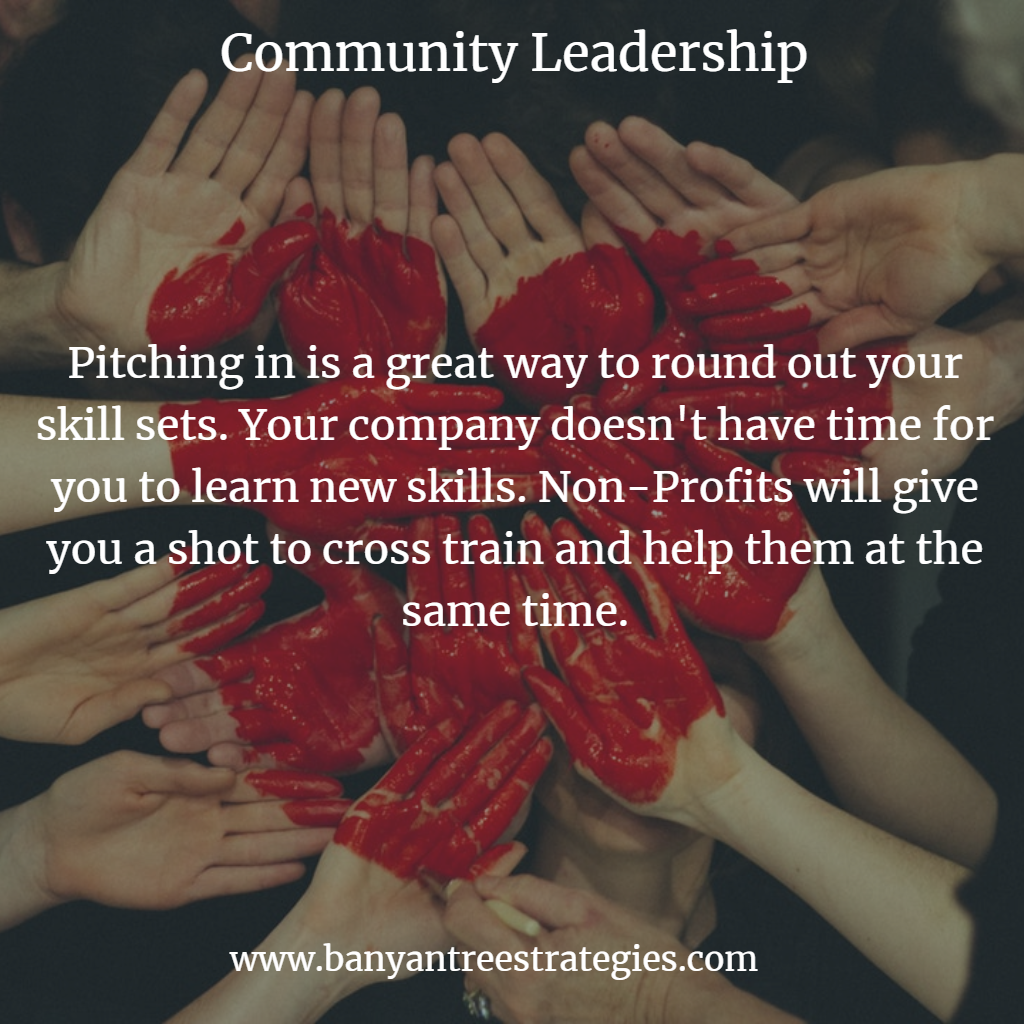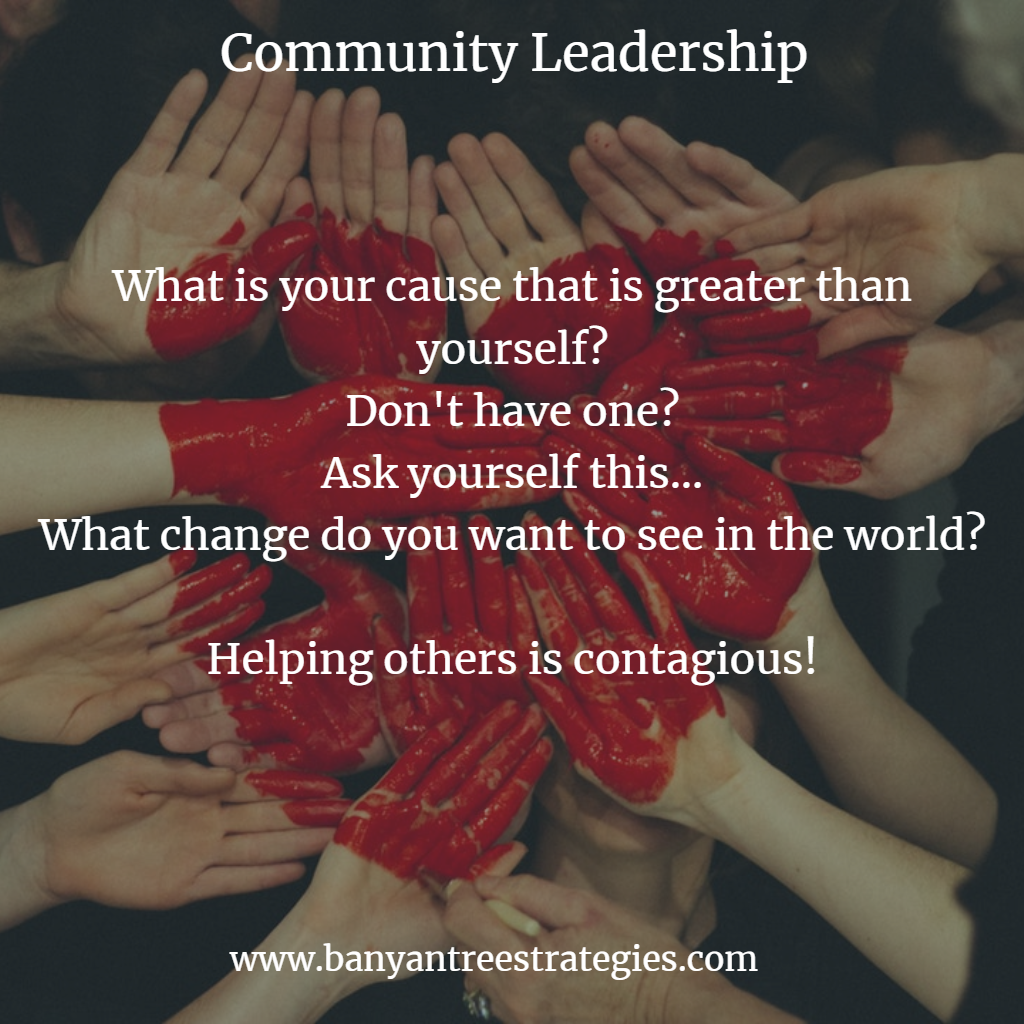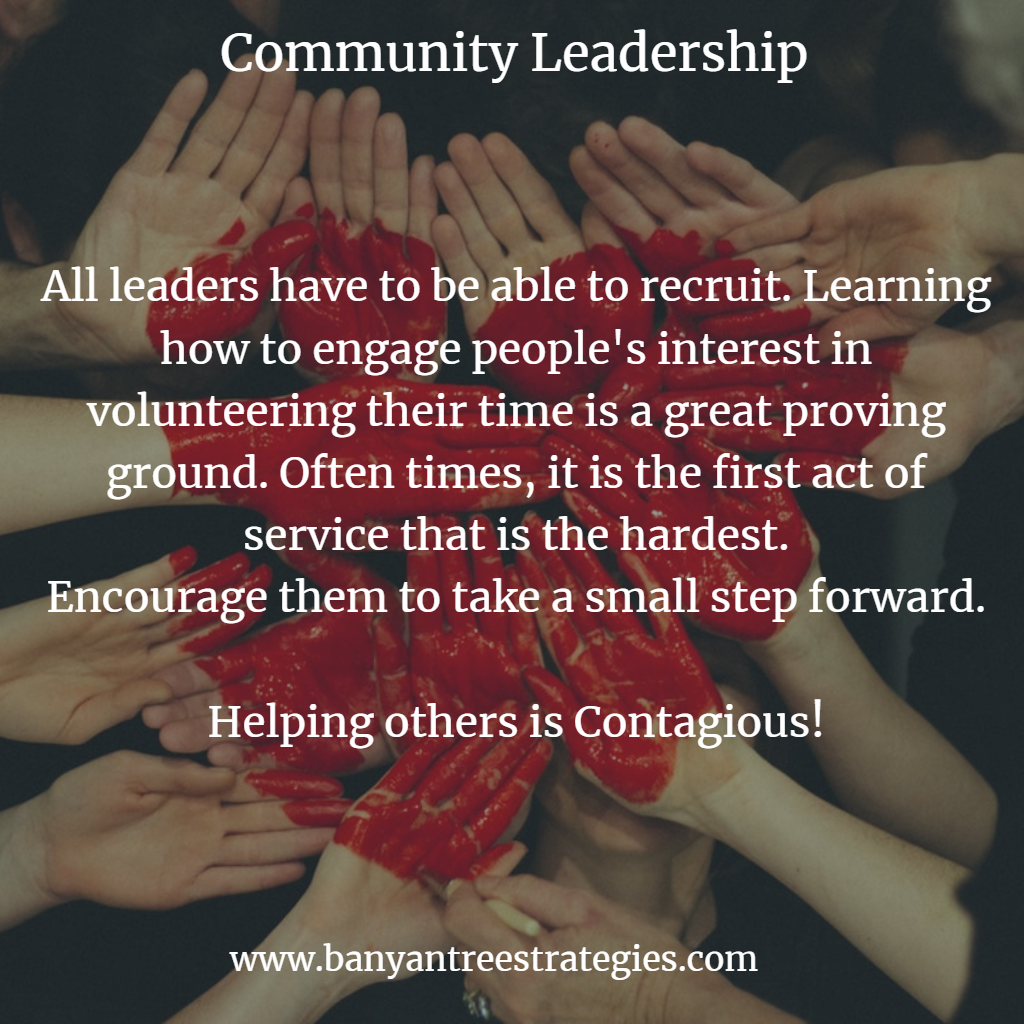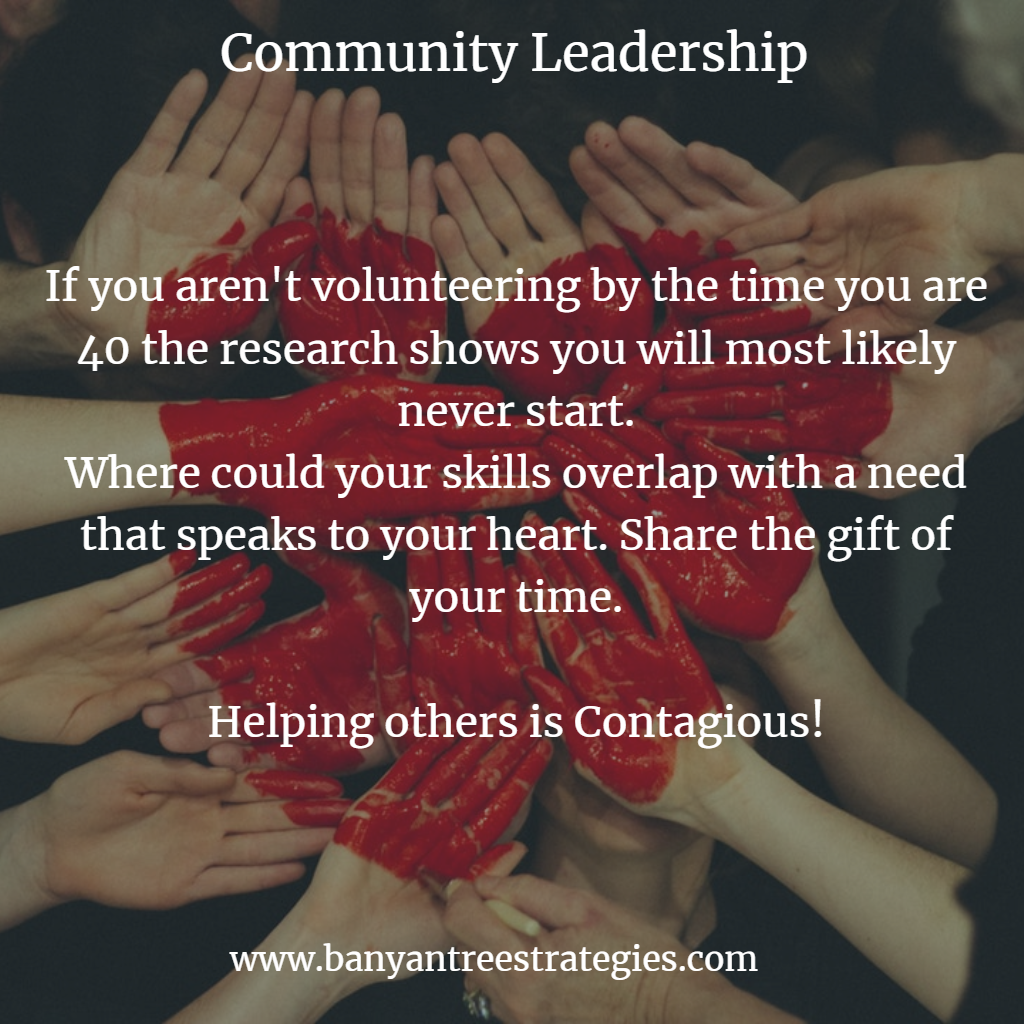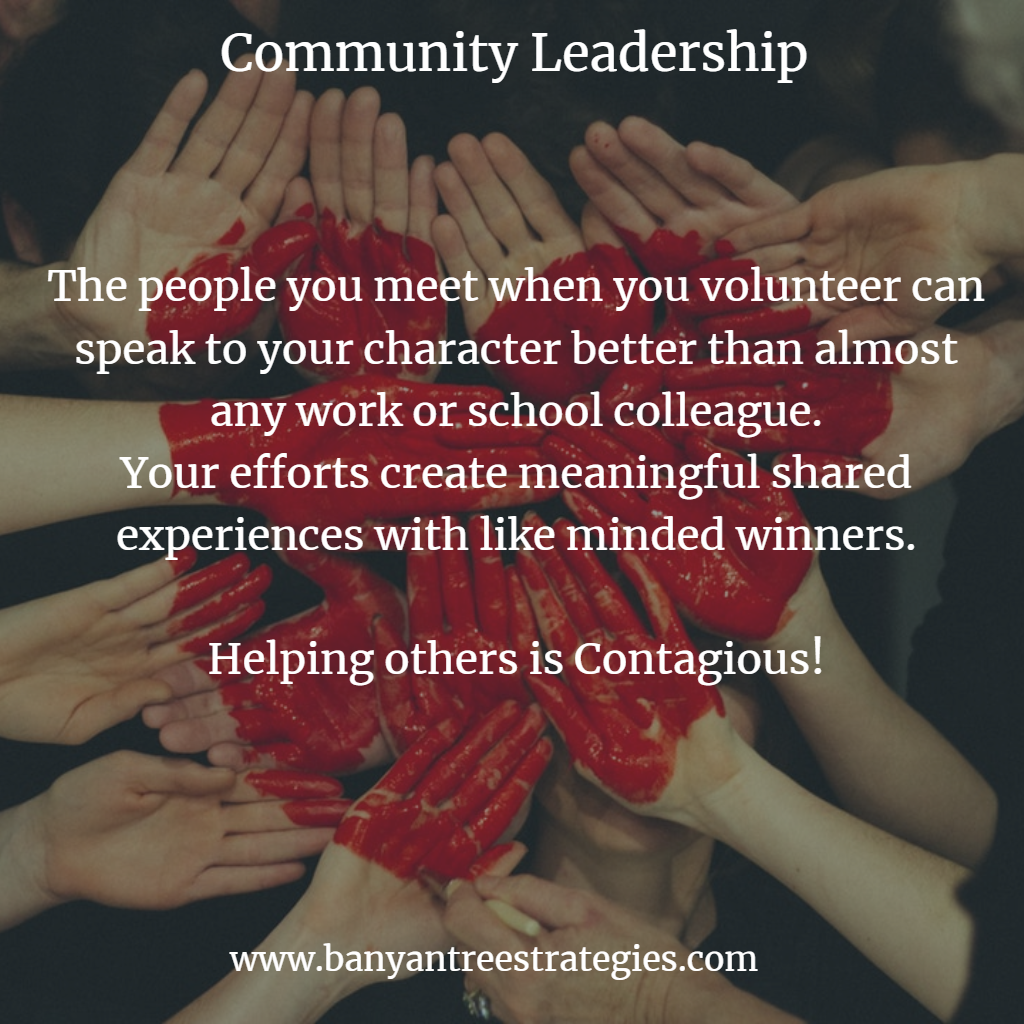Community Leadership
|
|
The Scoop
Specialization can get you paid very well, but can also be a trap. Ask the blacksmith who only knew how to make horse shoes in the early 20th century. In some parts of the world this process begins in your mid-teens. England and India are especially known for this. In contrast here in America it is quite possible to come out of college with a major and a minor and no idea of what you are going to do. The need to make a living starts the wheels turning on a few questions. What am I good at, is there a market for it, and how do I build out the experience to charge more for my time while I am doing it?
The Skinny
· Add to your tool kit
· Lead a team
· Run an event
Specialization can get you paid very well, but can also be a trap. Ask the blacksmith who only knew how to make horse shoes in the early 20th century. In some parts of the world this process begins in your mid-teens. England and India are especially known for this. In contrast here in America it is quite possible to come out of college with a major and a minor and no idea of what you are going to do. The need to make a living starts the wheels turning on a few questions. What am I good at, is there a market for it, and how do I build out the experience to charge more for my time while I am doing it?
The Skinny
· Add to your tool kit
· Lead a team
· Run an event
|
Perhaps quickly you realized that it helps to play to your strengths and you start down the path of specialization. This is a very good plan to have when you are early in a career. You need to have a few things you really know how to do. However, once you get past year four it helps to understand all the essential functions required in an organization. It is at this point that you have a dilemma. The company likes you being highly efficient, and is not interested in you trying something new, as you will be learning on their time. Yet you need to grow and learn more to remain relevant.
Who owns your Career? The quick answer is you do and nowhere is this more evident than when you start to look at career development. The company has a bias towards its needs and you have a bias towards yours. The right situations are always win-win, but what you are really looking to avoid is win-lose by either party for too long of a period. Addressing the challenge of building out your skill sets, or what we refer here to as cross-training can be difficult. Depending on how highly the company views you and your ability to help it in the future will have a big impact on whether they let you 'style drift' on their time. Most companies won’t allow a sales person to spend some time in accounting, or have an engineer handle a couple of customer accounts in inside sales. They just can’t afford the drop in productivity. It is at this exact spot that we would like to suggest that you consider volunteering your time to build out the rest of your leadership toolkit. Non-profit and community service teams are full of cause driven people who are always looking for volunteer help. They want most of the dollars in their budgets to go towards funding the cause, not the people. This goal often creates a leadership and skill gap which they are eager, and often less picky, about filling than a for profit similar establishment. We suggest you look at your interests and see if there is a give-back component piece. Reach out to the leader and ask if you can help. When they ask what you can do, be up front that you would like to spend time working on x, y, or z for them, and start out as a small contributor. This strategy will allow you to be an understudy for someone who has the skills you are seeking, and also get you mission critical experience that can really impact and improve your learning cycle. A great example is for a salesperson to learn how to lead a team by running a small portion of a larger event. Frequently sales is a solo job that does not have the required cycles with others to build out strong team leadership habits. As you volunteer in an area that has high collaboration requirements you will immediately pick up the skills required, or those nice volunteers will ship you out quickly. Cross-training in sport has grown because the diversity of movement helps all the muscles in your body and helps you avoid repetitive injuries. Your mind is no different. Working in just one area will build up your skills, but it also can leave you with a tin ear for diplomacy or a lack of empathy for others on the team. As you age it is important to be able to build a complete understanding of how organizations are run regardless of whether or not your run them. Leaders are always looking for solid division heads and other key role players and there is nothing worse than a salesperson who is negative about accounting or a product manager who doesn’t get why engineers are the way they are. Getting involved in community service as quickly as you can will build up the habit of helping others. It feels great to help out others, it connects you to causes that are larger than yourself, and it also affords you the chance to learn while doing. The added benefit of meeting new people while you are learning something new is key for your network as well. Cross train in all areas of your life and watch as you become a five-tool player that any company would be fortunate to have on their team. Who knows, you may end up also leaving those companies and starting your own. Then you are going to really want to know how to balance the books or sell something! Vertical Divider
|
